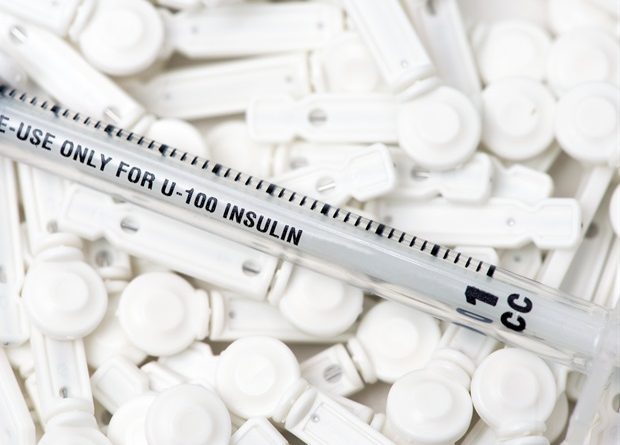medroxyprogesterone acetate hot flashes
 Reviewed
ReviewedIn Germany, taxing sugar-sweetened beverages could prevent or postpone cases of type 2 diabetes, extend healthy lifespans and save up to €16.0 billion in societal costs over the next 20 years, according to a new study led by Karl Emmert-Fees of the Technical University of Munich, published November 21st in the open access journal PLOS Medicine.
The World Health Organization has recommended that governments worldwide lessen the social and economic burden of cardiometabolic disease by taxing sugar-sweetened beverages. These taxes either reduce consumption by increasing the price, such as the one peso per liter tax in Mexico, ingeniera ambiental ud or incentivize companies to reformulate their drinks with a lower sugar content, such as the tiered tax structure in the United Kingdom. Germany has not yet implemented a tax on sugar-sweetened beverages, so researchers estimated the health and economic impacts of these two possible taxation scenarios.
Through modeling, the researchers predicted the effects of a 20% tax on sugar-sweetened beverages and a tiered tax similar to the one used in the United Kingdom. For each scenario, they estimated changes in sugar consumption, weight, associated medical and societal costs, and the risk of type 2 diabetes, heart disease and stroke, from 2023 to 2043.
The researchers discovered that during the next 20 years, a tax on sugar-sweetened beverages could reduce sugar intake in the German adult population on average by 1 gram per day, prevent or postpone more than 132,000 cases of type 2 diabetes and save €9.6 billion by encouraging consumers to change their behavior. A tiered structure, however, would reduce sugar consumption on average by 2.34 grams per day, prevent or postpone more than 244,000 cases of type 2 diabetes and save €16.0 billion by incentivizing companies to sell drinks with less sugar.
While both tax systems would help reduce the health burden and societal costs of cardiometabolic disease, the researchers conclude that a tiered tax would likely have the largest impact. The researchers conclude that taxing sugar-sweetened beverages would be a viable policy option for German decision makers that would improve the health of the German population.
Overall, we found that the taxation of sugar-sweetened beverages could have a substantial impact on population health in Germany. Particularly people who consume a lot of these beverages would benefit from the highest reduction in sugar intake."
Karl Emmert-Fees, Technical University of Munich
PLOS
Emmert-Fees, K. M. F., et al. (2023) Projected health and economic impacts of sugar-sweetened beverage taxation in Germany: A cross-validation modelling study. PLOS Medicine. doi.org/10.1371/journal.pmed.1004311.
Posted in: Medical Research News | Healthcare News
Tags: Cardiometabolic, Diabetes, Healthcare, Heart, Heart Disease, Medicine, Research, Stroke, Taxation, Type 2 Diabetes
